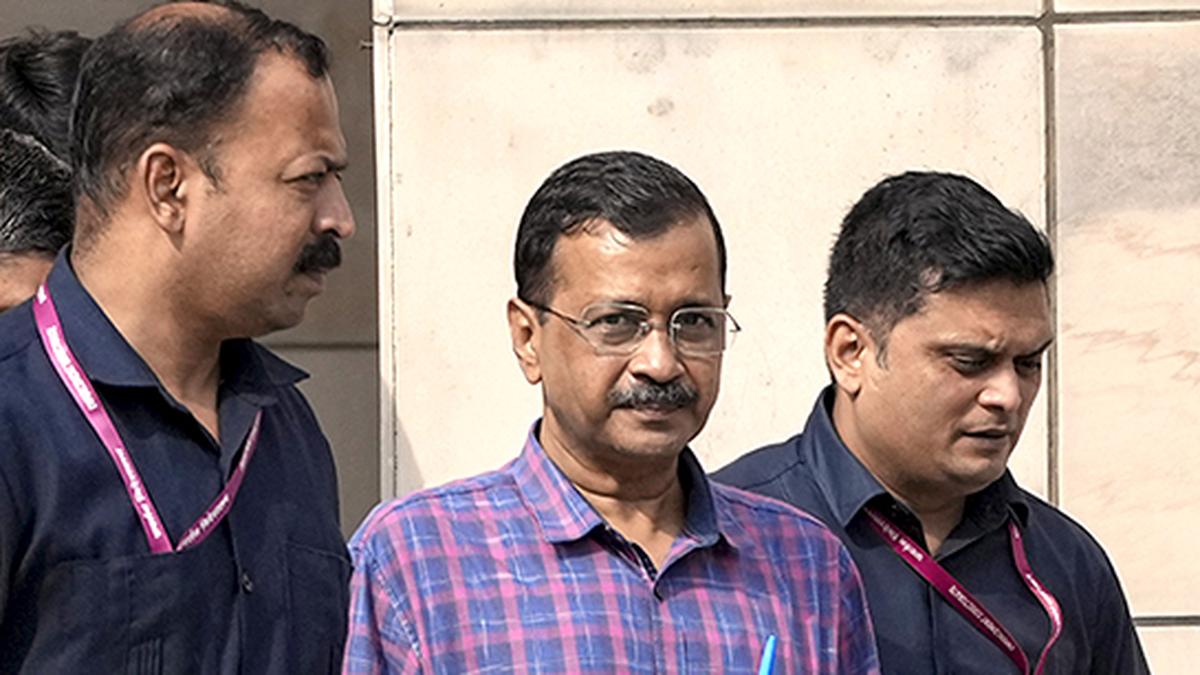Today, the supreme court granted temporary release to Arvind Kejriwal, the Chief Minister of Delhi, allowing him to be out on bail for the next 21 days. Additionally, they directed the leader of the Aam Aadmi Party (AAP) to turn himself in by June 2, just a day after the final phase of voting for the Lok Sabha elections, which spanned over seven phases, wraps up.
Despite his legal team’s plea for temporary bail until June 4, the court turned down the request. Instead, they ruled that the Chief Minister must present himself to the prison authorities by June 2.
Kejriwal has been behind bars at Tihar Jail since March 21 following his arrest. The Supreme Court took action on Kejriwal’s appeal on April 15 by sending a notification to the Enforcement Directorate (ED) and requesting their response. Earlier, on April 9, the high court affirmed his arrest, pointing out his continuous refusal to cooperate with the investigation and appear for summonses.
The legal case surrounding Kejriwal and others implicated in the Delhi excise scandal dates back to 2022. It all began when the Central Bureau of Investigation (CBI) filed a First Information Report (FIR), alleging that the Delhi Excise Policy of 2021-22 was tampered with to favor the monopolization and cartelization of the liquor trade in Delhi, both wholesale and retail.
The Enforcement Directorate (ED) has leveled accusations against Kejriwal, claiming he conspired to exploit gaps in the now-defunct Liquor Policy. These purported gaps were allegedly crafted to benefit specific liquor vendors.
According to the CBI and ED, certain individuals or groups from South India profited from these maneuvers, with a portion of their gains allegedly funneled into the coffers of the Aam Aadmi Party (AAP). It’s claimed that this money was then utilized to support AAP’s campaign efforts in the Goa assembly elections.
Kejriwal finds himself among a list of political figures ensnared in the legal proceedings. This group includes former Deputy Chief Minister of Delhi, Manish Sisodia, AAP Member of Parliament Sanjay Singh, and Bharat Rashtra Samithi (BRS) leader K Kavitha.
Arvind Kejriwal’s Aam Aadmi Party (AAP) stands as a constituent of the opposition coalition, led by the Congress, in India. AAP is set to compete for four out of the seven seats in Delhi, while the Congress will vie for the remaining three. The voting in Delhi is scheduled for May 25. Meanwhile, in Punjab, where polling will take place on June 1, AAP, currently in power, is fielding candidates for all 13 seats. The recent court decision alleviates one hurdle for the party and its alliance.
Also Read: EC issues notice to BJP and Congress over PM Modi, Rahul Gandhi’s speeches




2 Comments
dwlcrc
Pingback: Arvind Kejriwal Return to Campaign Trail After Jail Release